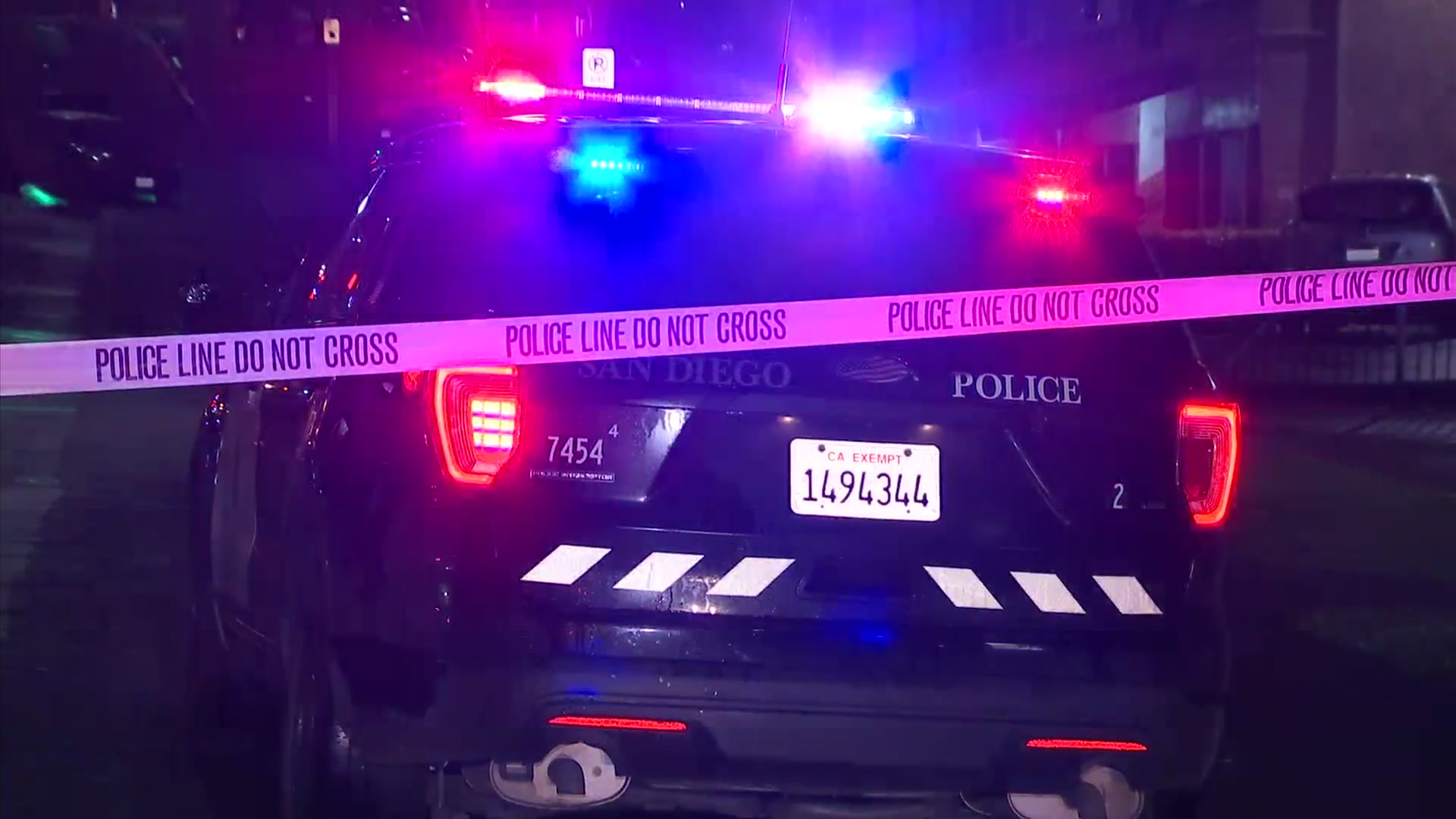A San Diego judge has ruled video depositions of Donald Trump associated with lawsuits against him and the now-closed Trump University will not be made public.
In his ruling released Tuesday, U.S. District Judge Gonzalo Curiel wrote that the released depositions would have negatively impacted a potential juror's view of the GOP candidate and his testimony.
Given the context of the case and timing of the request for the videos to be made public, Curiel wrote it would be nearly “inevitable that ‘cut’ and ‘spliced’ segments of defendant’s (Trump’s) deposition videos would appear in both media reports and in political advertisements aired nationwide prior to the trial.”
Curiel said that would increase “the likelihood that prospective jurors would be exposed to information about the case, as well as to evidence that could be introduced at trial to impeach defendant’s (Trump’s) testimony.”
Click here to read the complete ruling.
In June, the Washington Post, ABC, NBC, CBS, The New York Times, CNN, the Tribune Company and Fox News joined together to file a request to unseal complete transcripts and videotapes of depositions of Trump taken on Dec. 10, 2015 and Jan. 21, 2016.
The Trump University lawsuits filed in San Diego federal court allege the former university, which took in over $40 million, was fraudulent and deceptive.
Local
Trump denies the allegations in the lawsuits. Throughout the case his attorney, Daniel Petrocelli has said, “the case is unwarranted; (Trump) will defend himself fully."
In their request for the release of the videos, attorneys for the media companies argued there is strong public interest in the lawsuit, "which involves serious allegations of fraud that have become a prominent issue in the 2016 presidential campaign weighs in favor of public disclosure."
Judge Curiel agreed and in his ruling said, “there is a degree of legitimate public interest in the content of the deposition videos.” Trump has a “diminished privacy interest as someone who is a ‘public figure experienced in dealing with the media.”
Siding with Trump and his attorneys, Curiel said, “ultimately, video depositions are permitted to facilitate the presentation of evidence to juries; they are not intended to provide ‘a vehicle for generating content for broadcast and other media,’” he said.
Several factors Curiel outlined as weighing into his decision include:
The presumption of public access is “substantially weaker” since the depositions were generated during discovery and not evidence or exhibits attached to “dispositive motions or introduced at trial.”
“There is a greater potential for harm to result” from release of the videos because the media scrutiny will be on-going and there is “no reason to believe that ‘memories will fade,’” even with the trial being three months away.
The public’s interest in viewing the videos does not outweigh the possible “impairment to judicial efficiency likely to result.”
Earlier this year, the Washington Post asked Judge Curiel to intervene in the Trump University lawsuit in order to ask for thousands of pages of documents to be unsealed in this lawsuit. In May, he agreed and issued an unsealing.
Click here to read more about the documents released in that request.
Two class-action lawsuits against the now-closed Trump University are being heard in San Diego courtrooms; another lawsuit is based in a New York court. The San Diego cases include: Cohen v. Trump, a nationwide class action lawsuit and Low v. Trump, a class action in California, Florida and New York.
A trial in the Low v. Trump case has been set for Nov. 28. On Tuesday, Judge Curiel formerly denied Trump’s attorney request for summary judgement in the Cohen case. His attorney’s were asking for it to be dismissed but Curiel disagreed.
“The court finds that plaintiff has raised a genuine issue of material fact as to whether defendant (Trump) knowingly participated in the scheme to defraud,” Curiel said in his ruling.
Click here to read the summary judgement denial.



